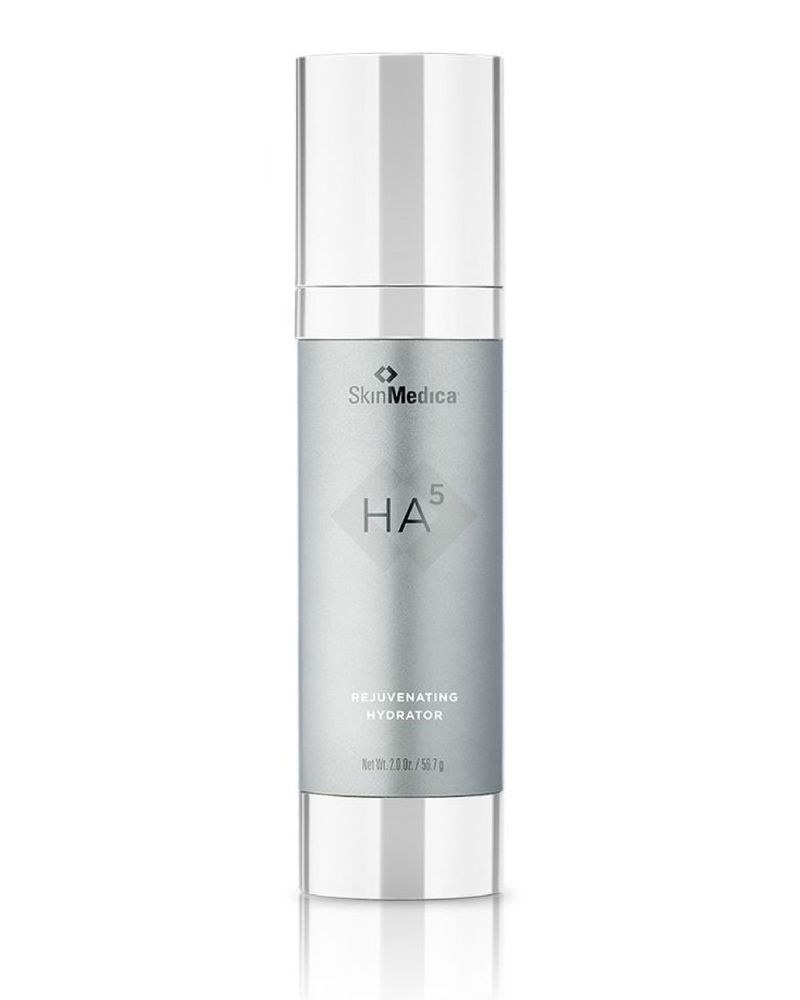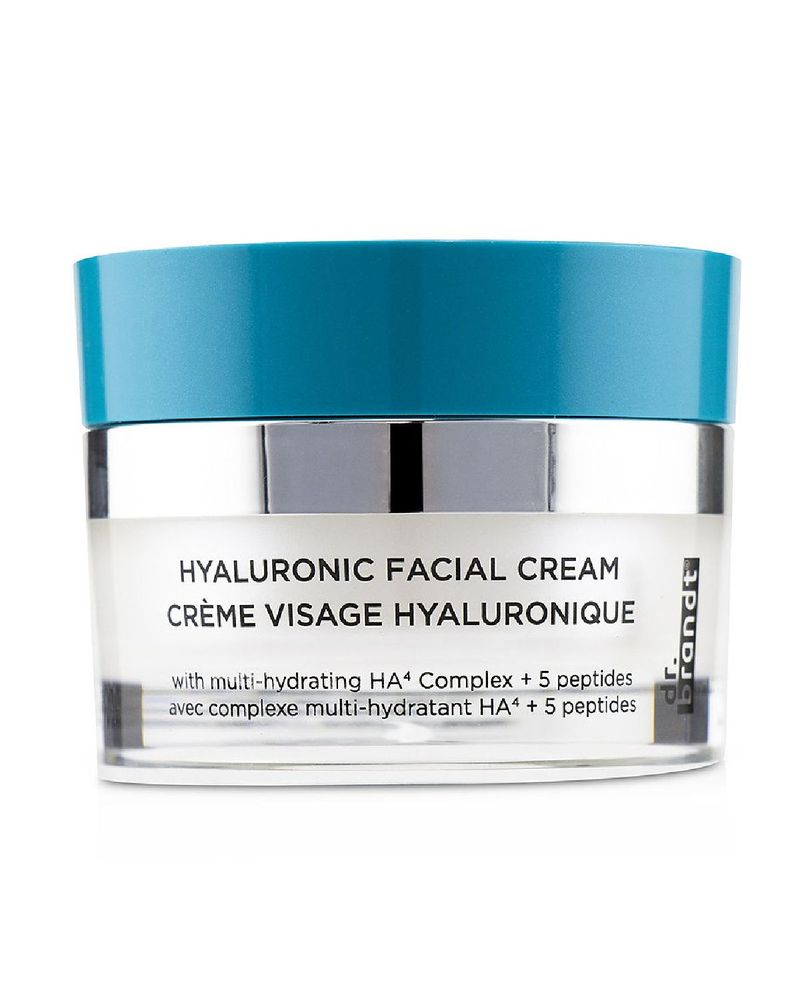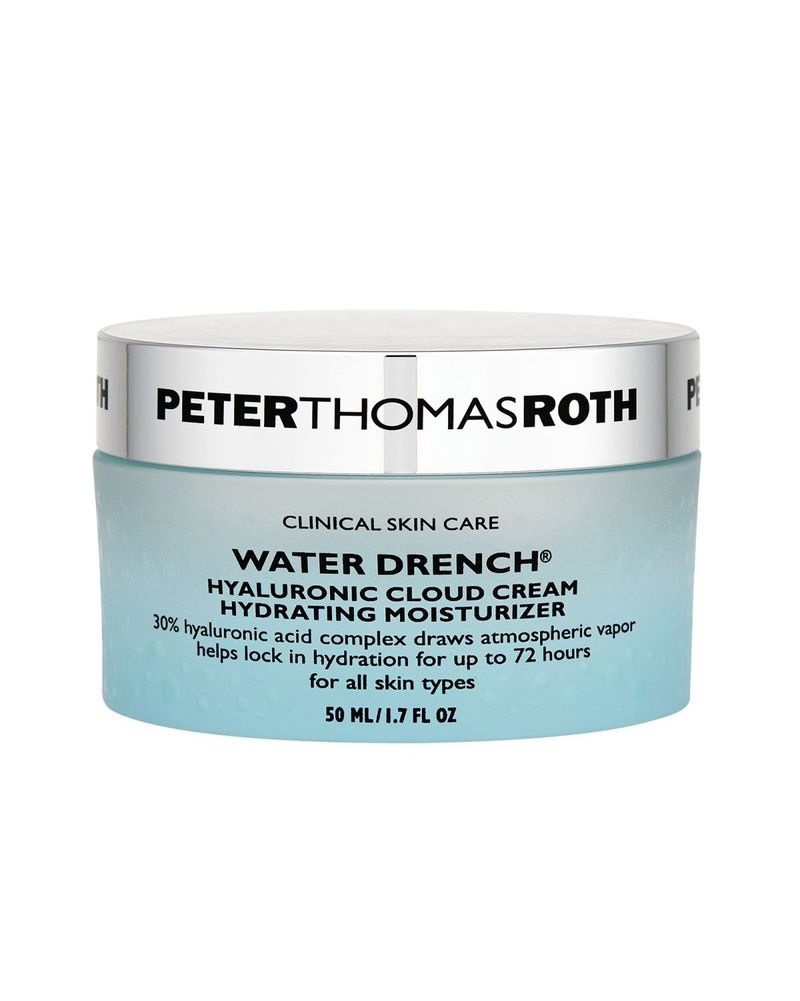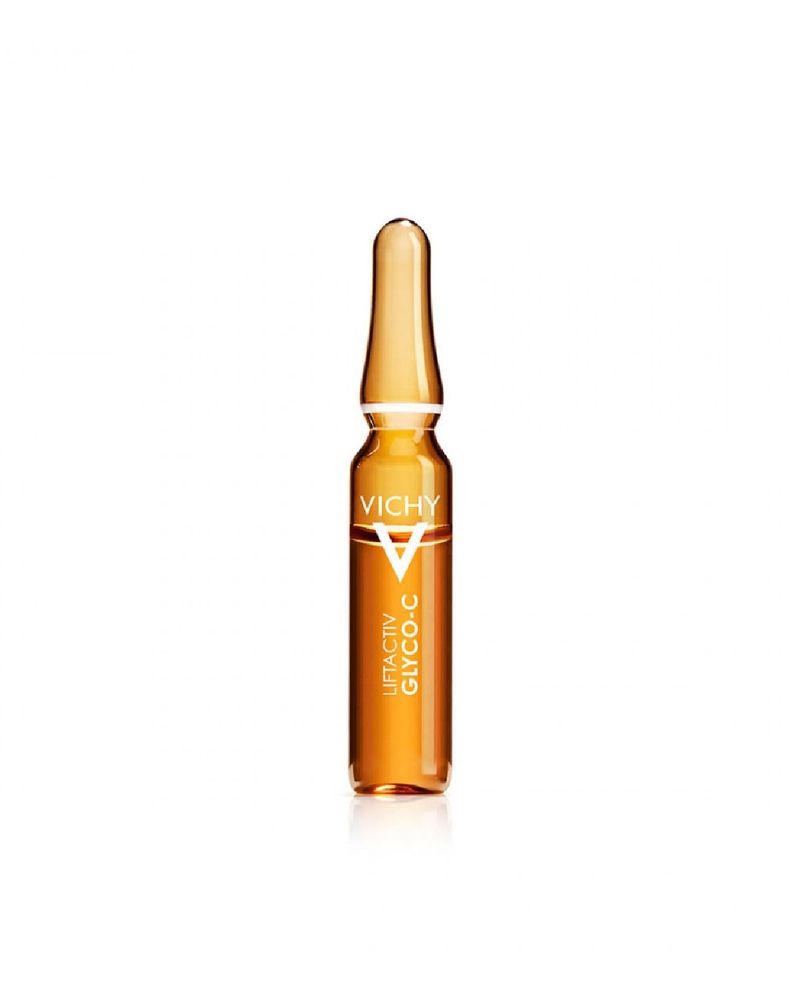Hyaluronic Acid 101: A User's Guide
Derms call it "Mother Nature's sponge."


You don't get far into any manner of research about skincare basics without running into the intimidatingly spelled hyaluronic acid, pronounced hiya-lure-onic. But what it lacks in linguistic ease, hyaluronic acid (or HA) makes up for in simplicity and straightforwardness of application. Hyaluronic acid is one of the most effective, dependable, and accessible moisturizers available in the entire complexion armamentarium. We asked dermatologists to break down hyaluronic acid's benefits and uses—so let's take a knowledge journey into the wonderful world of this moisture-retaining magic acid, shall we?
What is hyaluronic acid?
"It's mother nature's sponge," says Mona Gohara, associate clinical professor of dermatology at Yale School of Medicine in New Haven. What she means is that HA is a natural humectant, or a substance that retains moisture. In Gen Z terms? Hyaluronic acid is thirsty and can pull moisture from the air into your skin, leaving your complexion quenched and plumped. (Some estimations suggest hyaluronic acid can hold 1,000 times its weight in water.)
"Our bodies make hyaluronic acid regularly, but in our late 20s, that production starts to decrease, which leads to the unwanted signs of aging," says dermatologist Peterson Pierre, of the Pierre Skin Care Institute in Thousand Oaks, California.
What hyaluronic acid products should I use?
The good news is that hyaluronic acid is readily available in topical skincare products at every price point and category, and effectively absorbed by the skin. But there are a few things to look out for.
"The key is to find a product that has multiple molecular weights of HA," explains Gohara, who notes that smaller particles penetrate the skin more effectively while larger ones linger on the skin's surface, allowing more water to absorbed over time. "This gives both an instant plumping effect and long-term benefits," she continues.
As you start looking, you'll see that hyaluronic acid can be found in a range of product—there are serums, creams, and ampoules, and it's also sometimes included in other products, like sunscreens or retinols. Its wide availability highlights another lovely aspect of hyaluronic acid: It's non-reactive and shelf-stable, meaning it doesn't degrade or deactivate in the presence of other skincare ingredients.
Gohara personally uses a neutral hylauronic acid cream after layering on vitamin C in the morning, but before she applies her sunscreen. If the molecular weights aren't indicated in the description of the product you're interested in—and most are not—a dermatologist can help you select an effective option; Gohara likes SkinMedica.
Stay In The Know
Get exclusive access to fashion and beauty trends, hot-off-the-press celebrity news, and more.
Is hyaluronic acid used in fillers?
Yes we've kind of buried the lede here. Hyaluronic acid, while very effective topically, is probably best known at the current moment as one of the safest and ubiquitous injectable fillers in the world. There are more than a dozen branded versions, but Restylane, the first, and Juvederm, the most popular, are the ones you are most likely to have encountered. Pierre also acknowledges Teoxane, a new brand recently developed by the same scientist who created Juvederm.
In these forms, hyaluronic acid is injected just below the surface of the skin to plump crow's feet, smile, frown, and worry lines around your mouth and forehead. It can also be place along your cheeks and in your lips to replace lost volume. And while these treatments aren't permanent, depending on your individual metabolism, you can expect the effects to last anywhere from six to twelve months, and cost anywhere from $500 to a few thousand dollars. (Insurance does not cover elective hyaluronic acid injections. AOC, can we get on that?)
What are the risks of hyaluronic acid fillers?
The fillers we are talking about are all FDA-approved for the treatment of lines and wrinkles. But that doesn't mean they are without risk.
"Filler injection is a medical procedure and should only be performed by the most skilled injectors with a thorough knowledge of anatomy," says Pierre. That sounds, well, obvious, but aestheticians and third-party vendors can offer the treatments at discount prices, which is extremely tempting but most definitely not advised. Go to a doctor, period. Not only can the result be aesthetically non-ideal—uneven, clumpy, bumpy—but there can also real risk.
"Filler injection appears to be a deceptively simple procedure that can quickly lead to complications in inexperienced hands, the most serious of which is blindness," Pierre continues. Even with a skilled practitioner, expect redness, bruising, swelling, and tenderness in the day after your procedure.
Hannah Morrill is a writer and editor based in Portland, Maine. She’s an avid reader, an indifferent face-washer and a sunscreen/retinol evangelist.
-
 Tyla's Coachella Outfit Pairs Dolce & Gabbana With Pandora
Tyla's Coachella Outfit Pairs Dolce & Gabbana With PandoraThe singer wore a gold version of the crystal bra made famous by Aaliyah.
By Amy Mackelden Published
-
 How Kate Middleton Is Influencing George's Fashion Choices
How Kate Middleton Is Influencing George's Fashion ChoicesThe future king's smart blazer is straight out of Princess Kate's style playbook.
By Amy Mackelden Published
-
 King Charles "Couldn't" Meet Prince Harry During U.K. Visit
King Charles "Couldn't" Meet Prince Harry During U.K. Visit"It could actually bring down a court case."
By Amy Mackelden Published
-
 Everything You Need to Know About Marie Claire’s Skin and Hair Awards
Everything You Need to Know About Marie Claire’s Skin and Hair AwardsCould your brand survive an editor testing session?
By Ariel Baker Published
-
 People Always Compliment My Flawless Skin—These 6 Steps Are Why
People Always Compliment My Flawless Skin—These 6 Steps Are WhyFrom sunscreen and essences to moisturizers, it's all here.
By Hannah Baxter Published
-
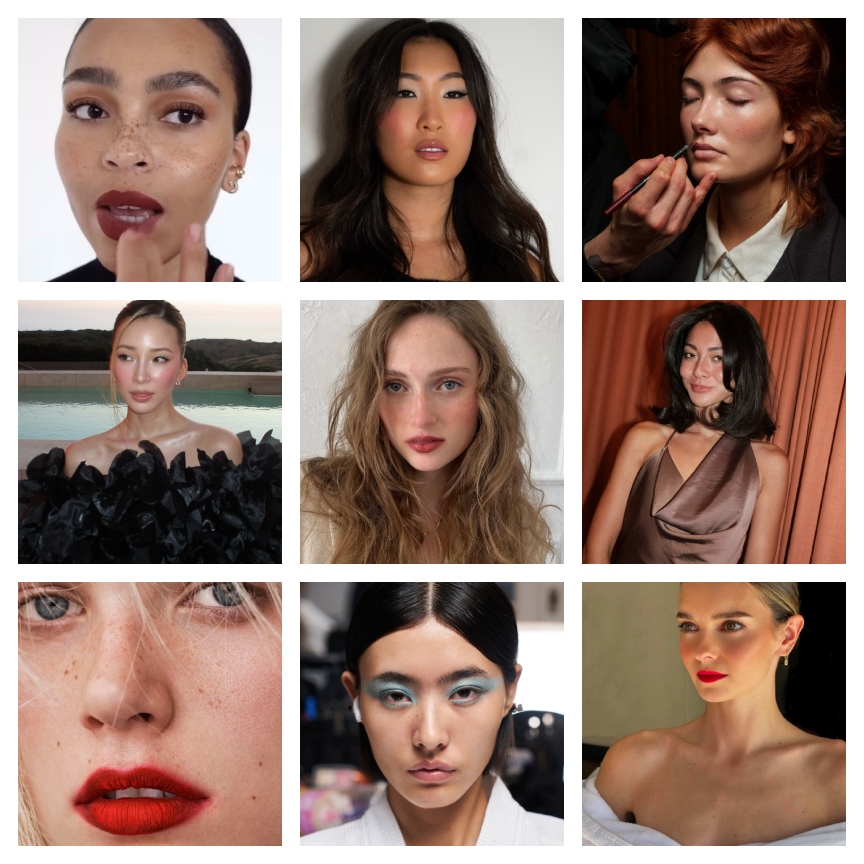 The 11 Best Spring Makeup Trends Are Sexy, Sensual, and Perfectly Luminous
The 11 Best Spring Makeup Trends Are Sexy, Sensual, and Perfectly LuminousIt's dew or die time.
By Jamie Wilson Published
-
 Simone Ashley’s Indie Sleaze Glam Is a Cool-Toned Dream
Simone Ashley’s Indie Sleaze Glam Is a Cool-Toned DreamThe actor was spotted in New York City looking like the epitome of cool-toned beauty.
By Ariel Baker Published
-
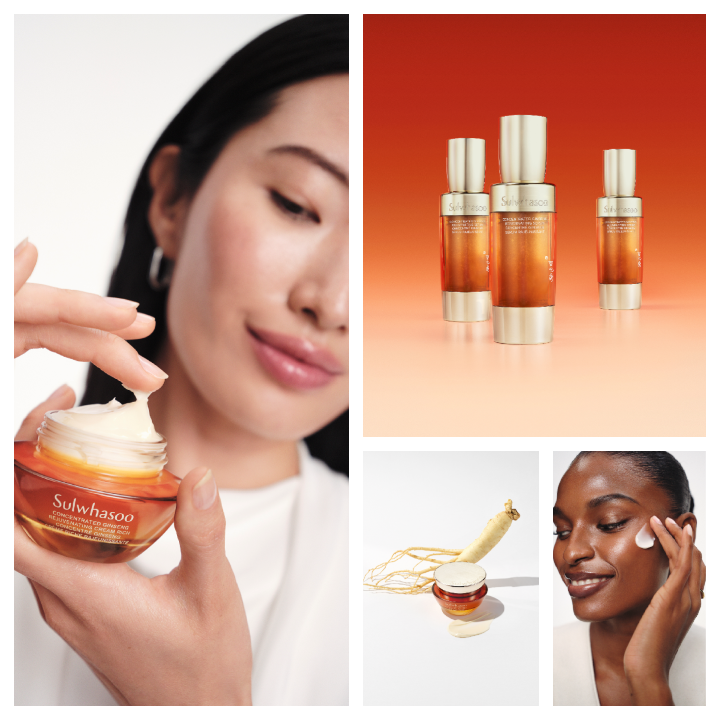 Sulwhasoo’s New Concentrated Ginseng Cream Is a Wrinkle-Erasing Time Machine for My Skin
Sulwhasoo’s New Concentrated Ginseng Cream Is a Wrinkle-Erasing Time Machine for My SkinThis Seoul-based brand is the key to plump skin.
By Samantha Holender Published
-
 The 10 Best Hair Growth Shampoos of 2025, Tested by Editors
The 10 Best Hair Growth Shampoos of 2025, Tested by EditorsExpensive and healthy-looking hair on lock.
By Marisa Petrarca Published
-
 New York Fashion Week’s Fall/Winter 2025 Best Beauty Moments Are a Lesson in Juxtaposition
New York Fashion Week’s Fall/Winter 2025 Best Beauty Moments Are a Lesson in JuxtapositionThe week's best beauty looks were a maximalism master class.
By Ariel Baker Published
-
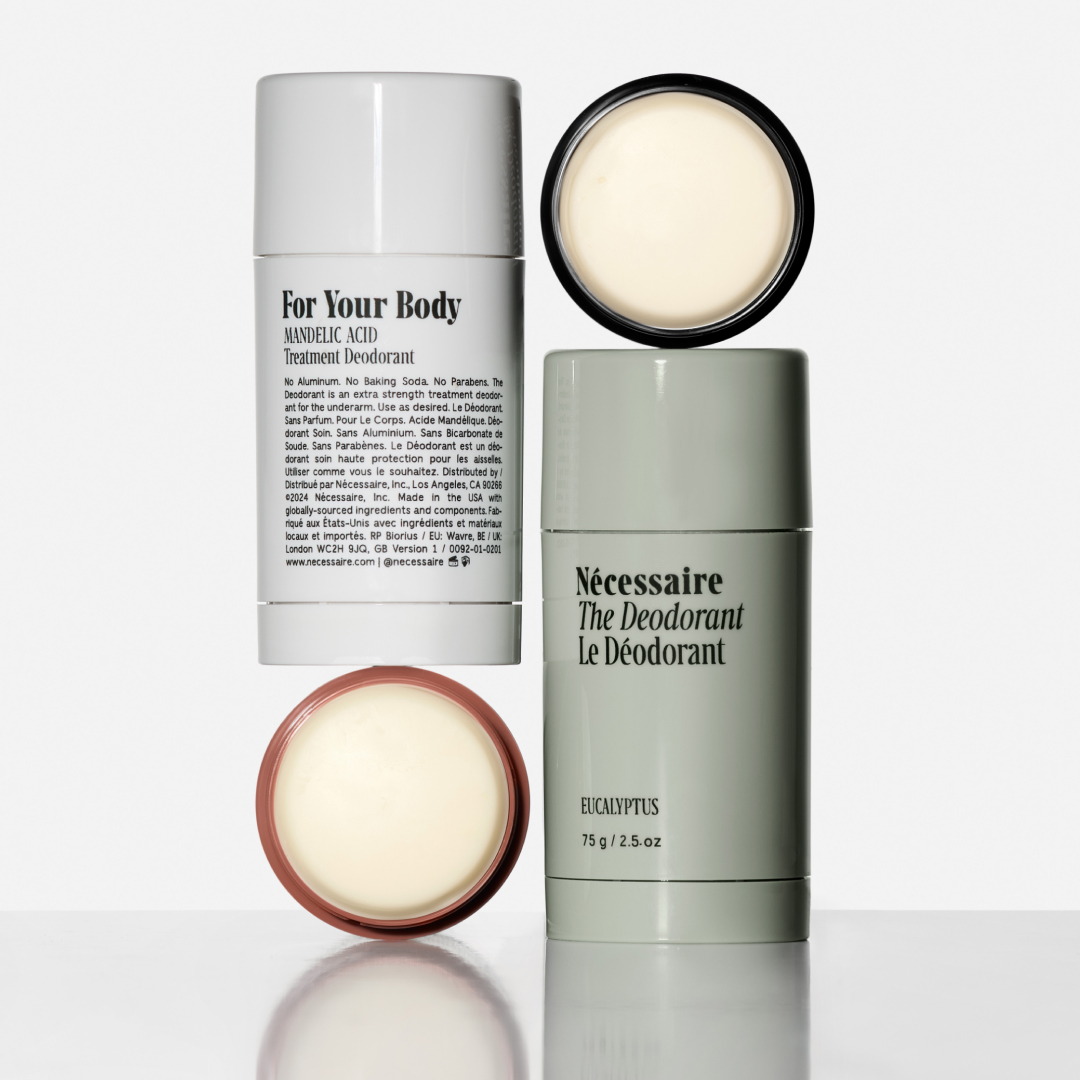 Nécessaire's Extra-Strength Deodorant Outlasts an Editor's Sweatiest Test: Fashion Week
Nécessaire's Extra-Strength Deodorant Outlasts an Editor's Sweatiest Test: Fashion WeekEven with my hectic schedule, I've never smelled better.
By Halie LeSavage Published
